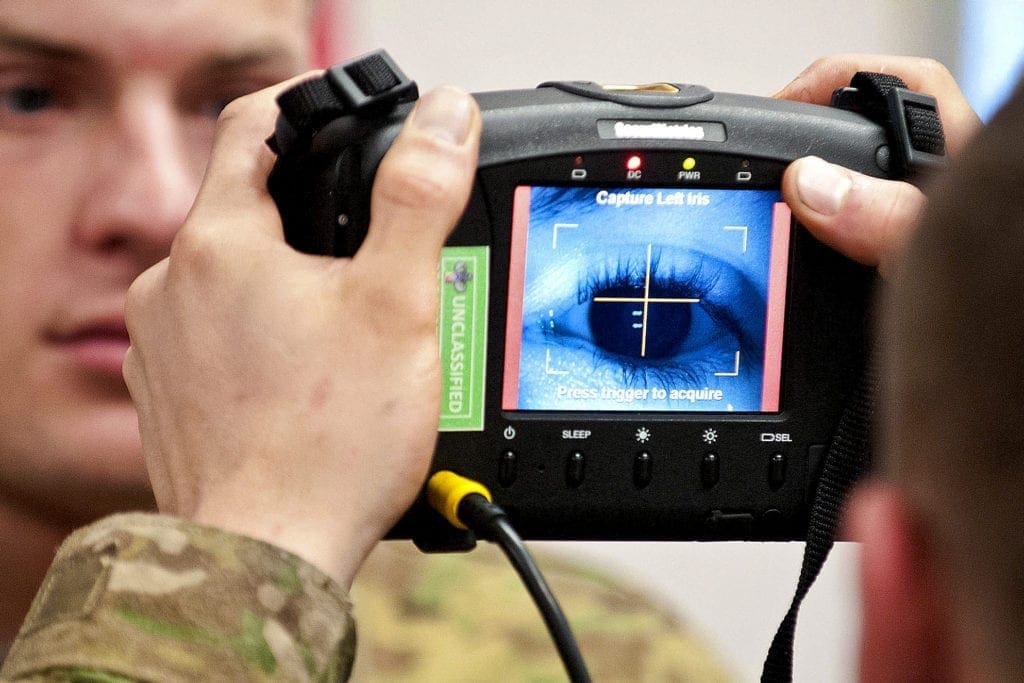What starts as “common sense” legislation often ends up opening up the gates for more government intrusion, putting the freedom and privacy of Americans at grave risk.
That’s what’s happening now as the Department of Homeland Security (DHS)’s “Biometric Exit” program is starting to be used at airports in certain parts of the country.

Congress, decades ago, passed legislation pushing federal officials to take steps to track down foreign nationals as they entered and left the United States. The idea, born out of a perceived necessity to keep track of foreigners who overstayed their visas, soon became the basis for yet another idea. That’s when the thought of creating a database filled with scans of American faces came to life.
Without going to Congress or consulting the public, the DHS launched the Biometric Exit program. Slowly, the agency started implementing the scanning initiative, making American citizens and green card holders, as well as foreigners, have their faces scanned before embarking on certain international flights from both New York and Atlanta.
To kickstart this program, DHS partnered with Delta in Atlanta and New York and with JeBlue in Boston, making these face recognition scans mandatory when run by Delta and voluntary when run by JetBlue.
To those going through JetBlue, the company gives passengers the option of ditching the physical ticket altogether for a face scan.
Despite the different approaches, both of the systems already in use are just the start of something larger that could soon turn into a nationwide launch of Biometric Exit. As a result, everyone, both foreign and American, would be subject to having their faces scanned and their details added or matched to a federal database.
If this system becomes mandatory, the issues associated with errors could be a major headache for individuals on the receiving end of the extra scrutiny. With government goons taking the facial recognition tool much too seriously, a case of mistaken identity could put an absolutely innocent person at risk of being detained, while other, smaller mistakes, could cause passengers to miss their flights or spend extra hours at secondary screenings.
Aside from these potential issues, the very idea that the federal government would be collecting this information from anyone leaving the country raises questions regarding the constitutionality of these scans. After all, does the collection of information on innocent Americans without a warrant pass the Fourth Amendment test?
Many legal scholars say that it wouldn’t. So why is the DHS putting this in motion without Congress’ approval?
Well, quite frankly, because they can. As government grows larger and more intrusive, it also grows more certain it may operate outside existing laws that theoretically restrict them from infringing on people’s most basic rights. And that is the problem that must be addressed.

























